
The Chicago Metropolitan Agency for Planning (CMAP) has long been a leader in shaping the future of Chicagoland. As the official regional planning organization for northeastern Illinois, CMAP is responsible for guiding sustainable growth and ensuring the efficient and equitable development of the seven-county Chicago metro region and its 8.6 million people across 284 municipalities.
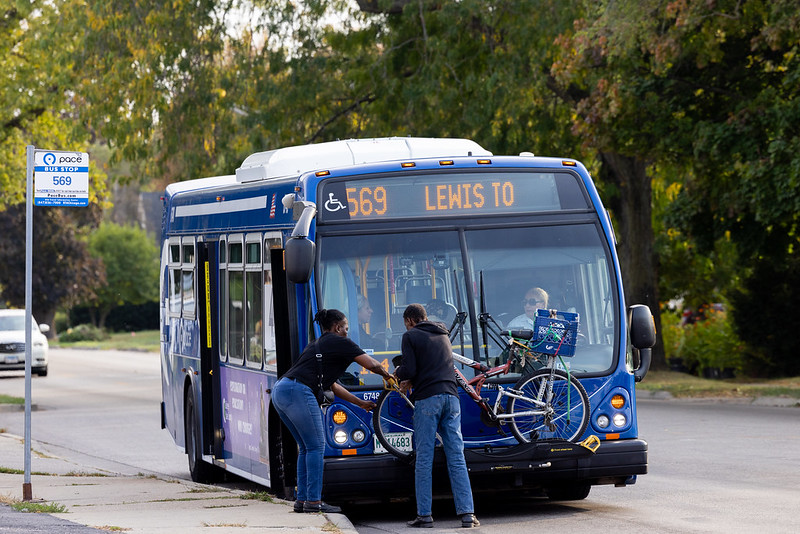
Chicagoland is one of the largest and most diverse metropolitan areas in the United States. CMAP is charged with ensuring a thoughtful approach to protecting and advancing the needs of all — through initiatives related to infrastructure, housing, the environment, the economy and overall quality of life. This effort is complex and requires thoughtful, long-term planning and coordination.
“Collaboration with partners, including the Lake County Board, Lake County municipalities, Lake County Partners and others, is the foundation of our vision,” notes Erin Aleman, CMAP’s Executive Director. “Engaging the community is at the heart of what we do, and it helps us remain forward-thinking and mindful of challenges and opportunities in the region. We have to carefully balance the needs of urban and suburban areas, and strategically approach long-term growth.”
Serving, Strengthening and Empowering Our Region
With the CMAP Board and transportation, transit, and government partners across northeastern Illinois, CMAP has served the region for twenty years through strong planning, policy, research, and analysis — leveraging the power of data and the story it tells while advancing solutions together. The agency takes stock of its work through its annual report, celebrating a year of serving, strengthening, and empowering the region. Major accomplishments in 2024 included:
Transportation and Infrastructure Investments
One of CMAP’s primary focuses is a transportation system that works better for everyone — essential for a region with the size and diversity of Chicagoland. In 2024, CMAP continued to advocate for investments in public transit, roadways, and bicycle infrastructure to improve mobility, reduce traffic congestion, and foster connectivity. Several 2024 wins included:
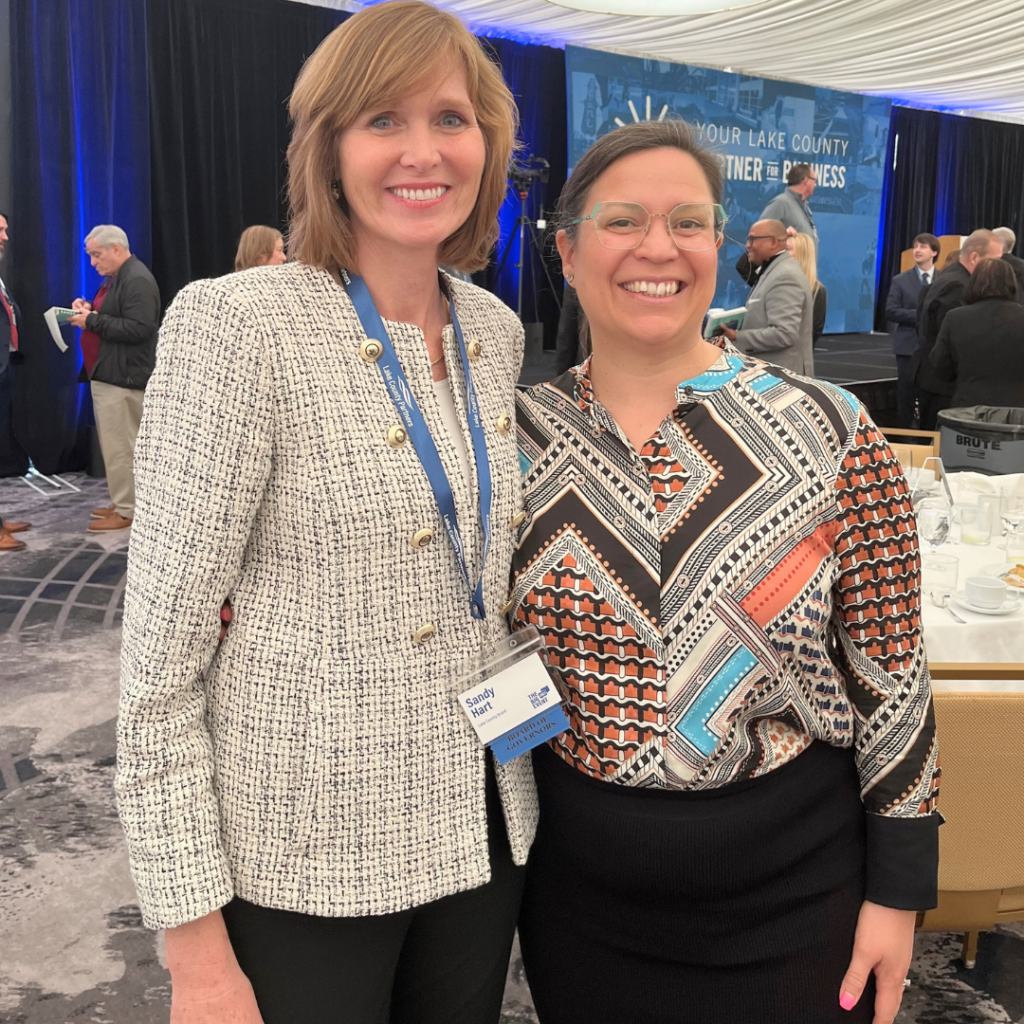
- Maximizing federal dollars by collaborating and prioritizing projects like improvements to CTA stations, Metra rail vehicles, and Pace’s zero-emissions fleet;
- Programming $385 million over five years for road maintenance, bridge repairs, intersection improvements, and more through the Transportation Improvement Program:
- Improving traffic safety in Chicagoland through the Safe Travel for All Program to help decrease deaths and serious injuries on our roads; and,
- Advancing the Plan of Action for Regional Transit, to strengthen and invest in northeastern Illinois’ transit system and avert a projected $730 million shortfall in 2026.
Environmental Sustainability and Climate Resilience
CMAP stressed the importance of climate action planning for Chicagoland, to support resilience planning and reduce emissions. CMAP developed two critical guides to help identify, prioritize, and integrate equity through its Risk-based Vulnerability Assessment and Integrating Equity into Flood Investments guide.
Economic Development and Workforce Access

Chicagoland’s talent stands out among its competitors as a reflection of strategic efforts to provide people with the skills that they need to grow careers and support business. In 2024, CMAP developed resources like the Job and Quality Access Tool, to help local leaders plan for and invest in Chicagoland’s workforce and economy. Additionally, CMAP supported economic development for entrepreneurship initiatives via the Greater Chicagoland Economic Partnership, which contributes to a more resilient economy and fosters regional collaboration for shared resources and sustainable growth.
Looking Ahead: CMAP’s Vision for the Future
Of course, planning work is never done, and always requires us to keep one eye toward the future. CMAP embarks on 2025 with a renewed focus on the northeastern Illinois’ future. The agency expects to build on last year’s successes while enhancing its vision for the next twenty to thirty years, through the development of the Regional Transportation Plan and a new Regional Vision Plan.
Learn more about last year’s successes in CMAP’s 2024 Annual Report — and stay tuned for what’s next by signing up for CMAP’s topic newsletters and following the agency on social media.
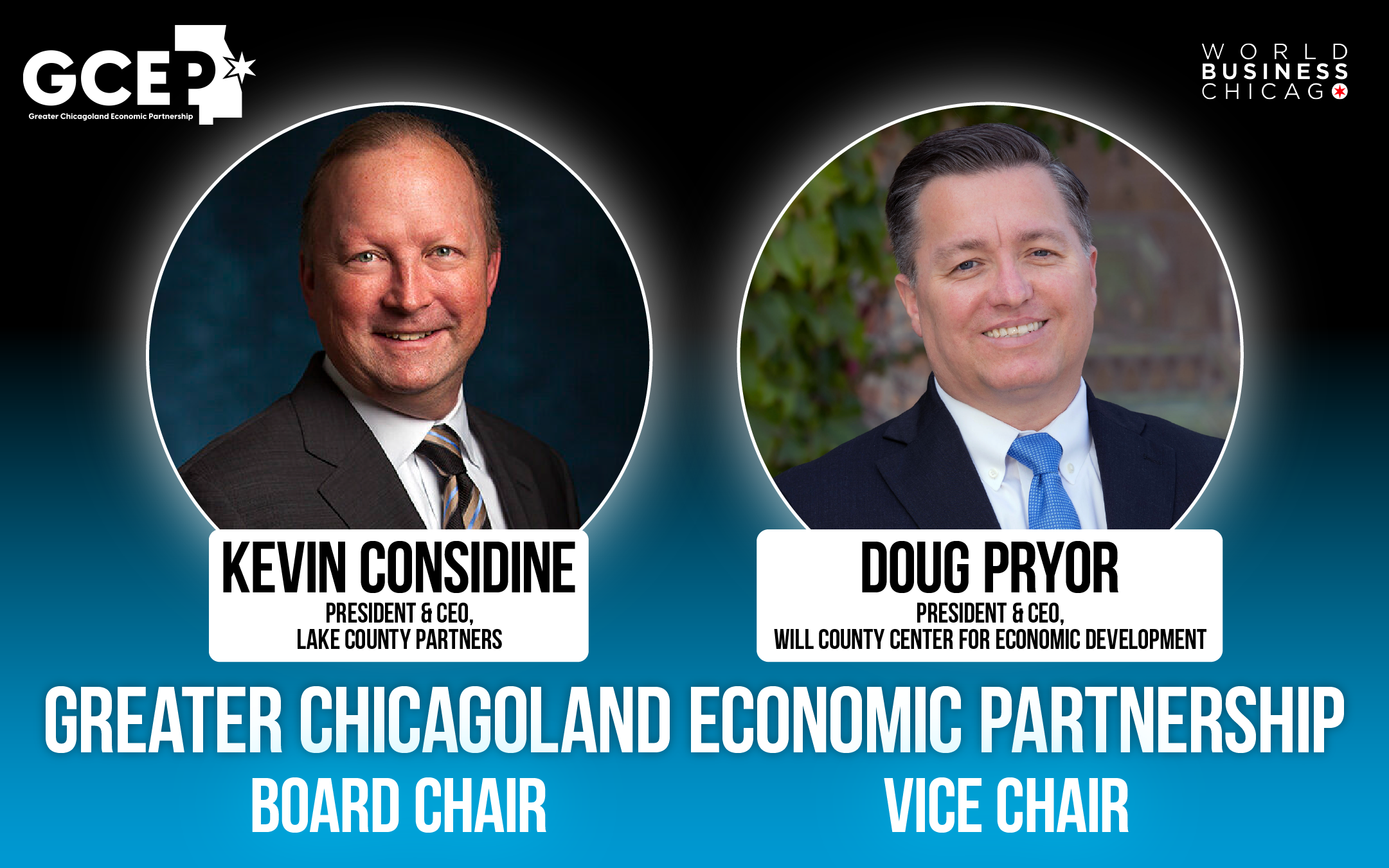
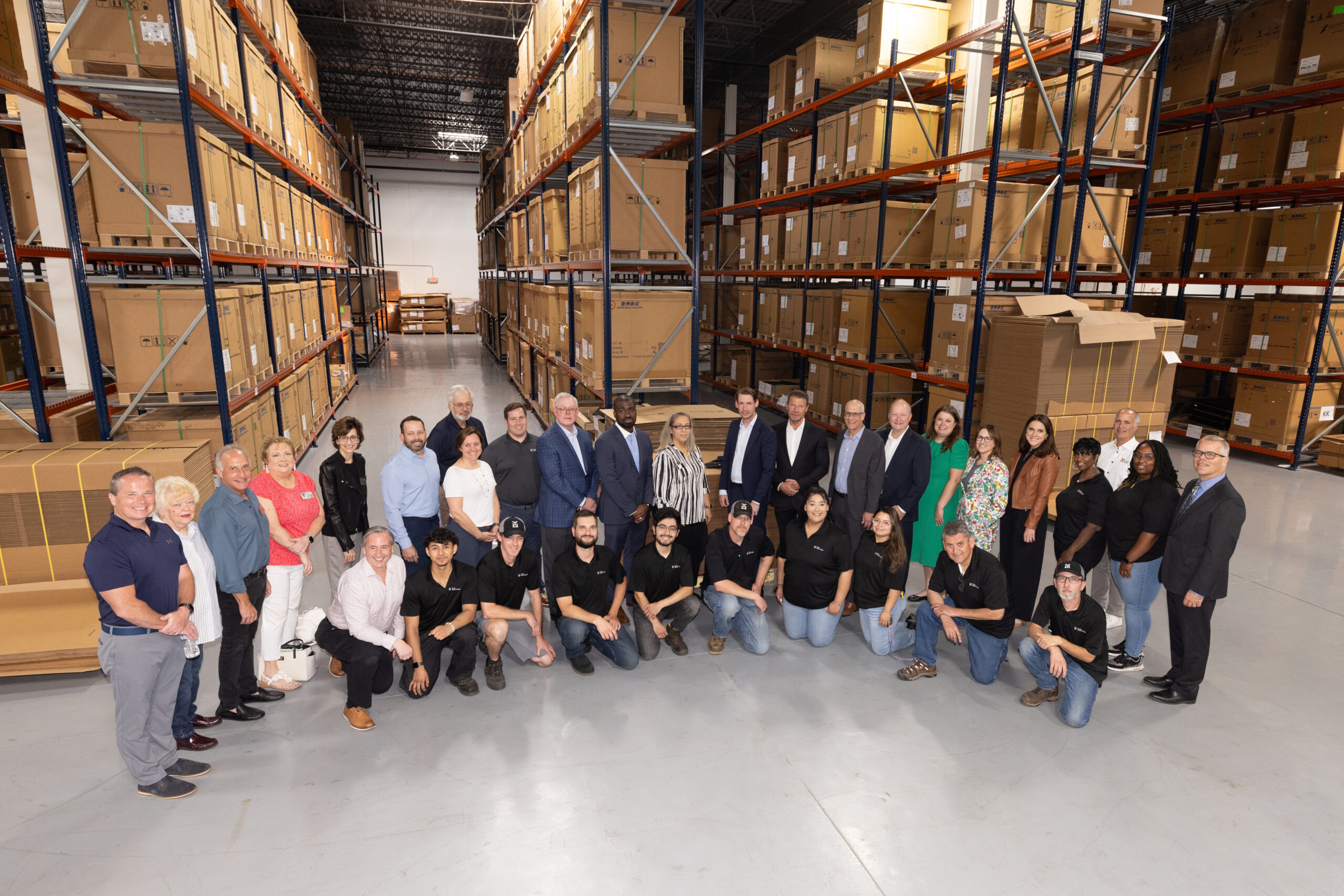

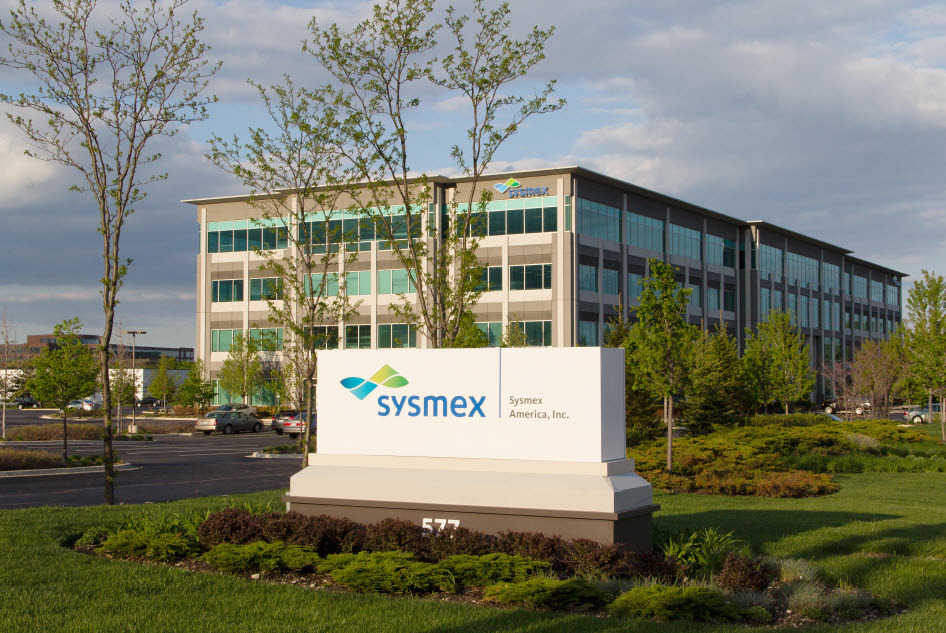


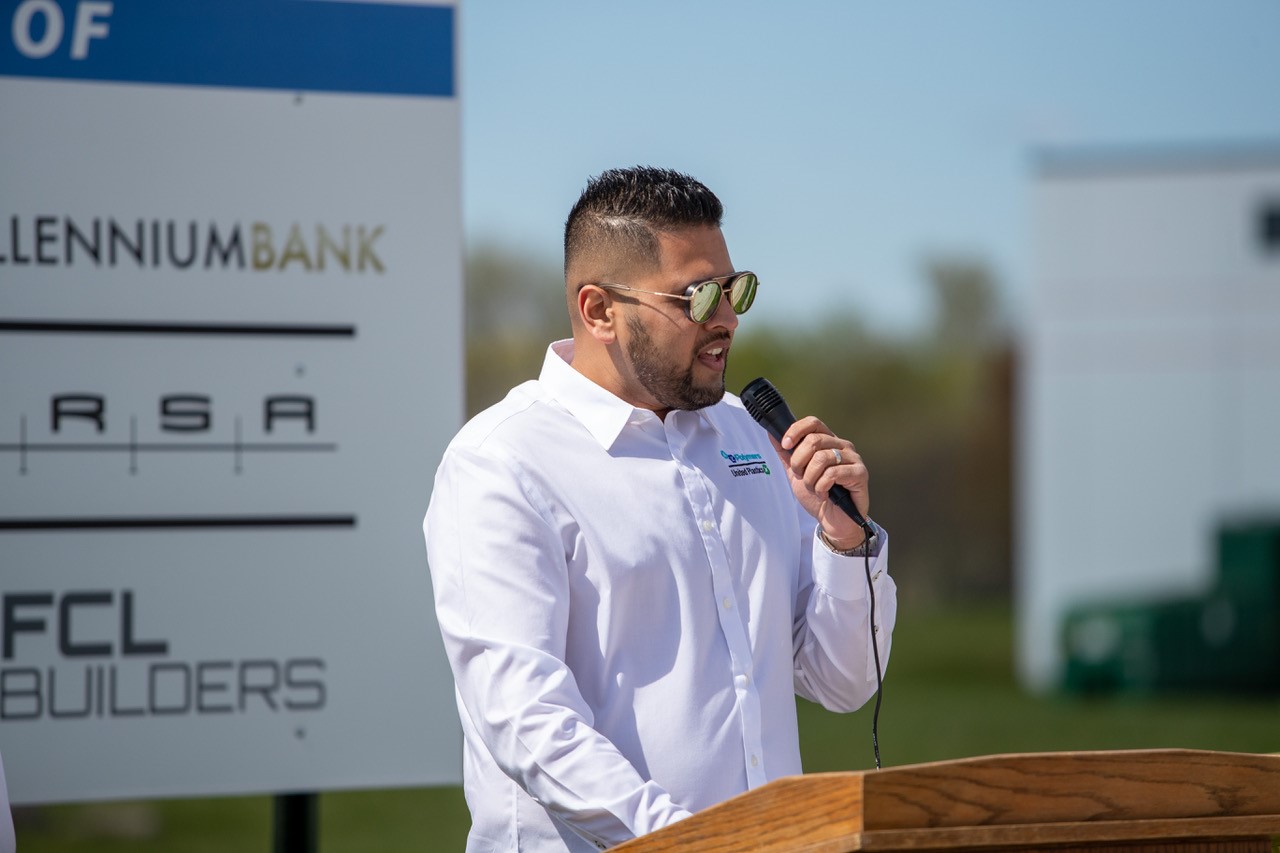
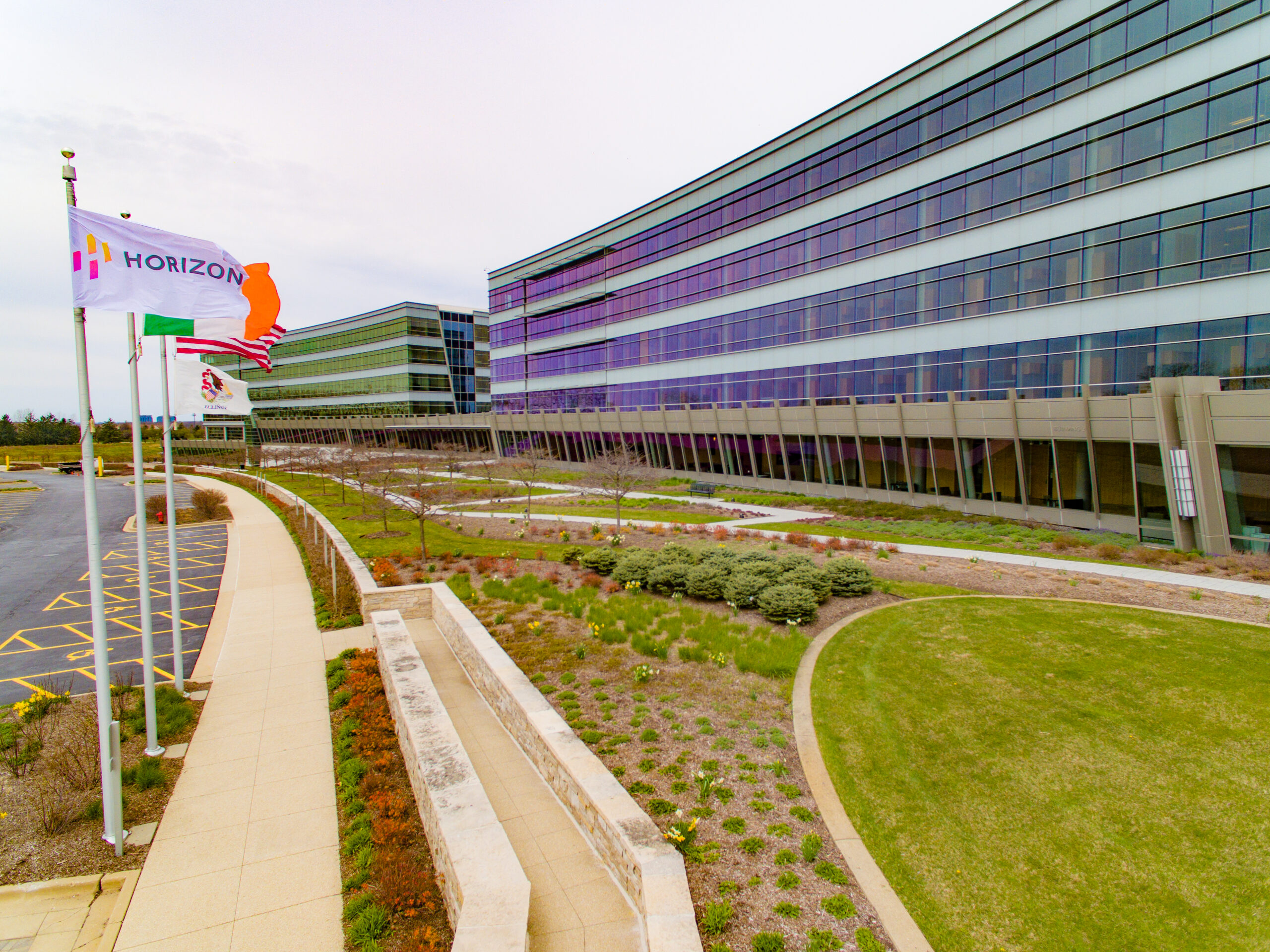
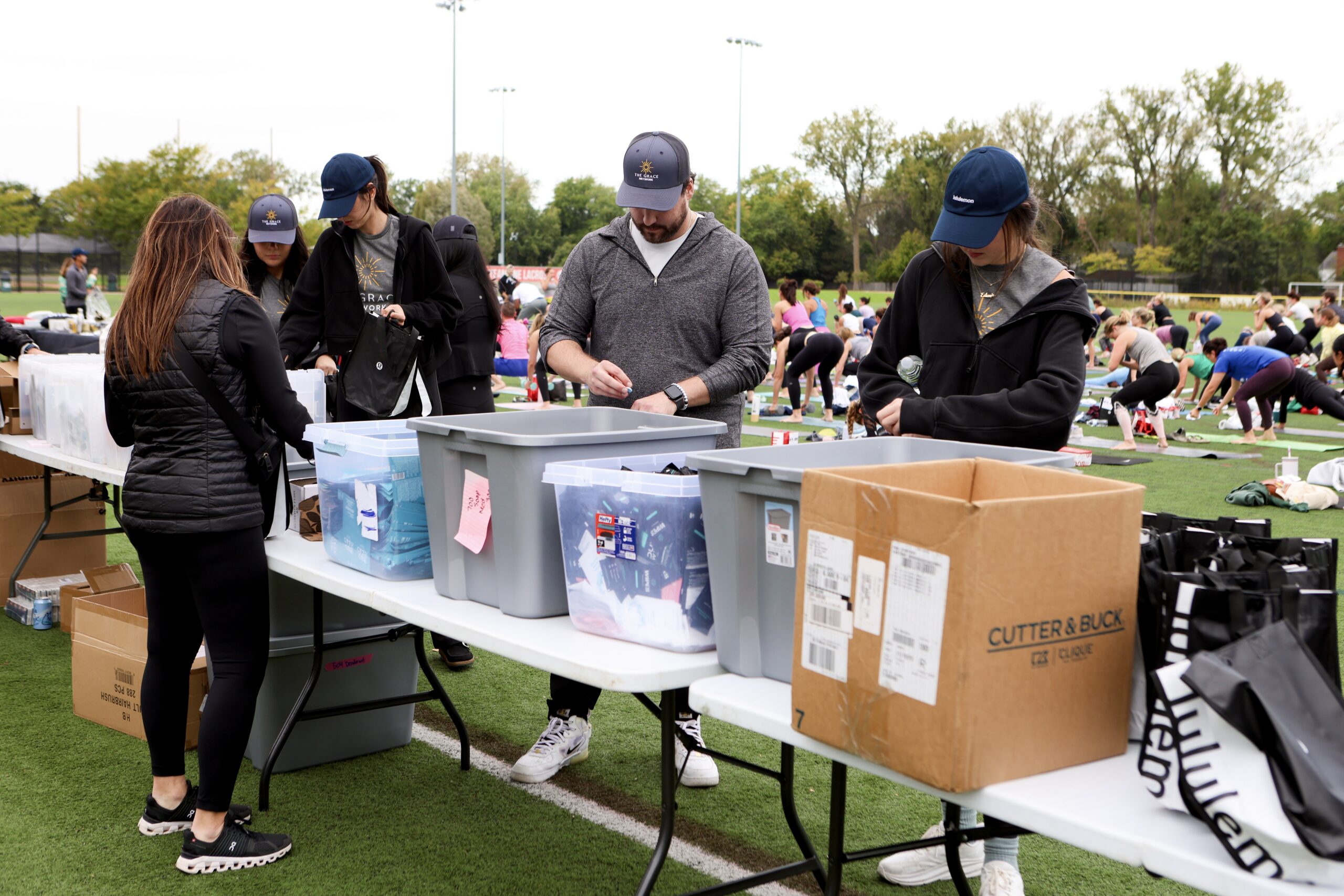
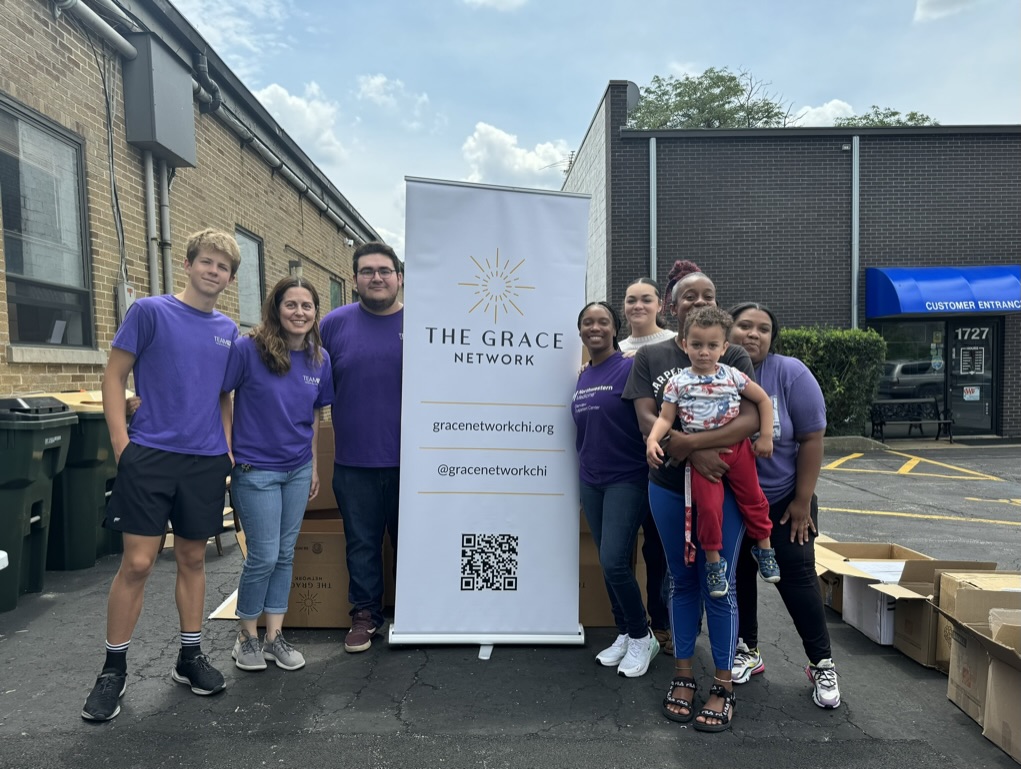
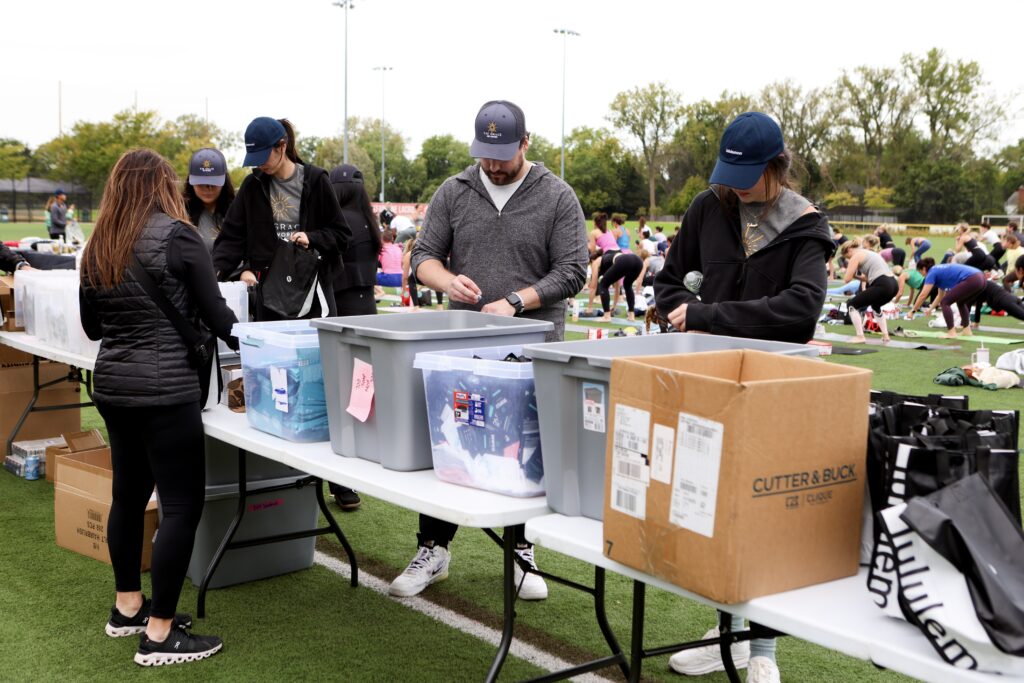
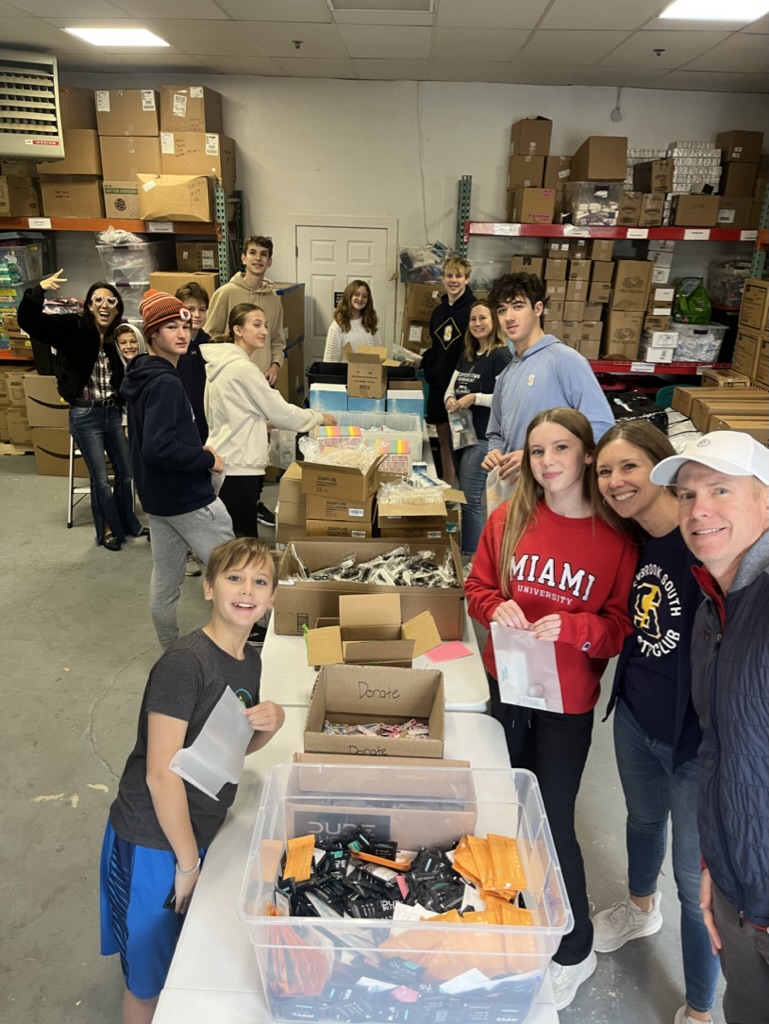



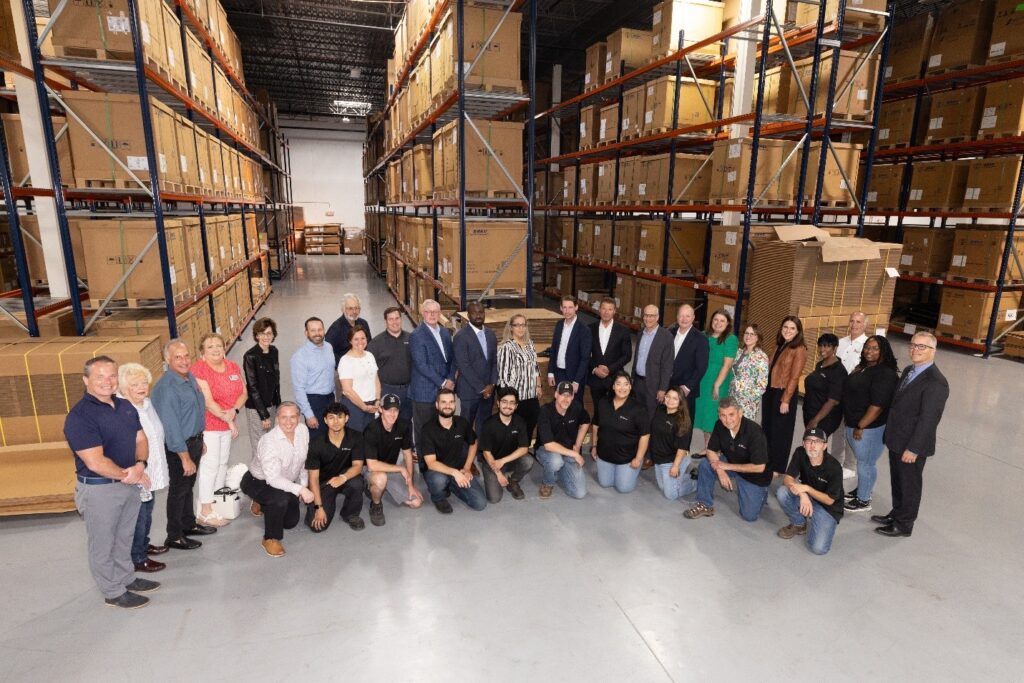


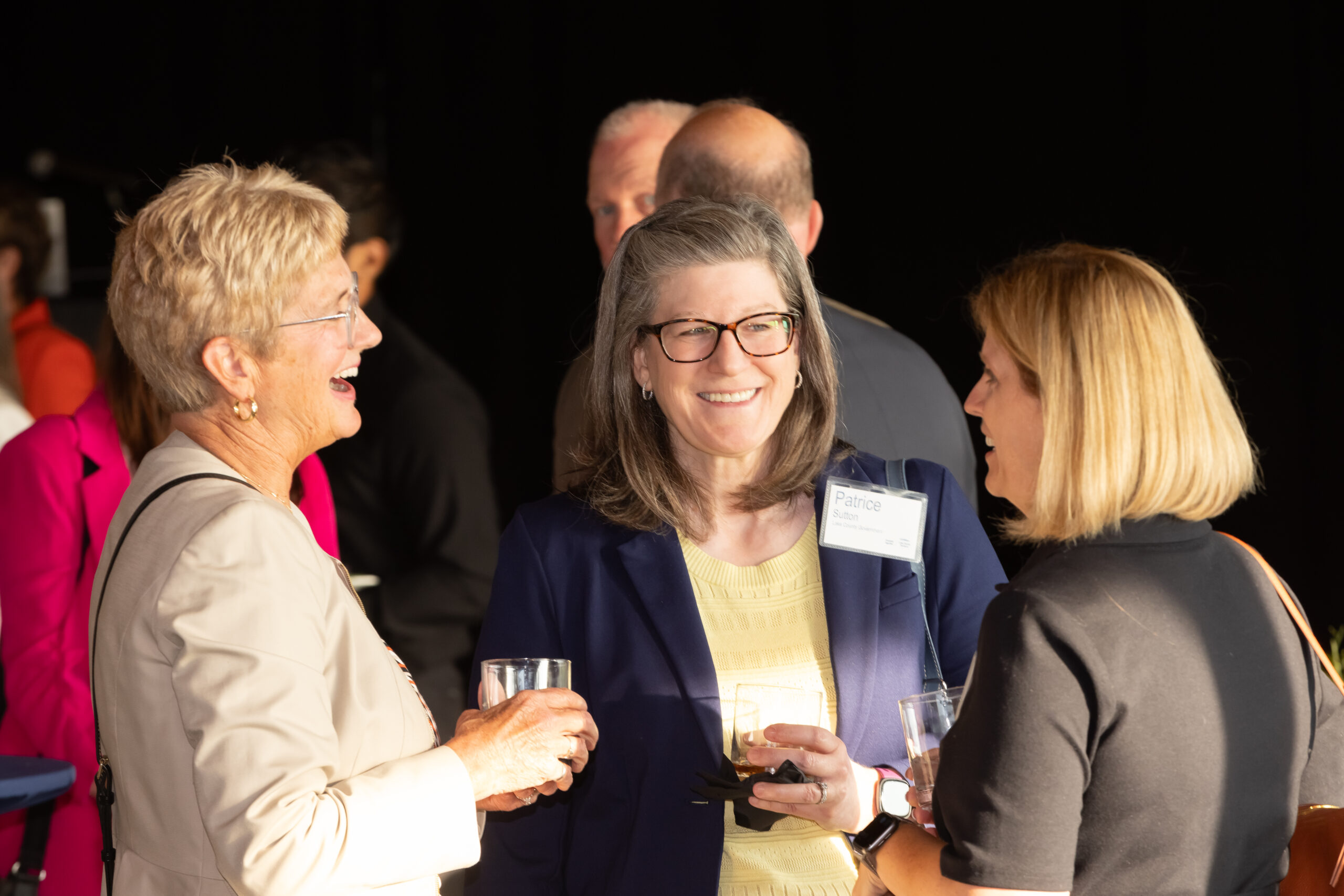
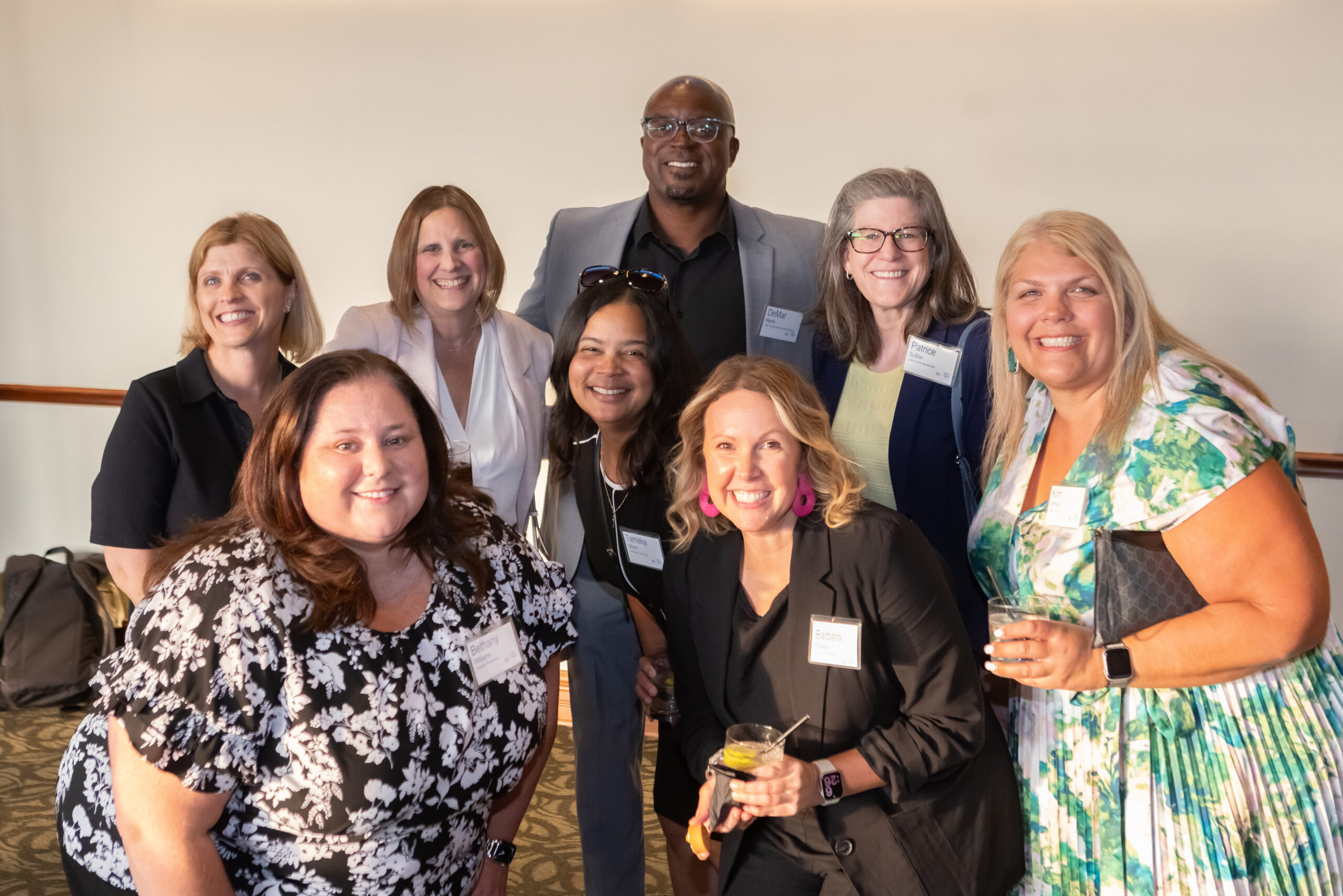
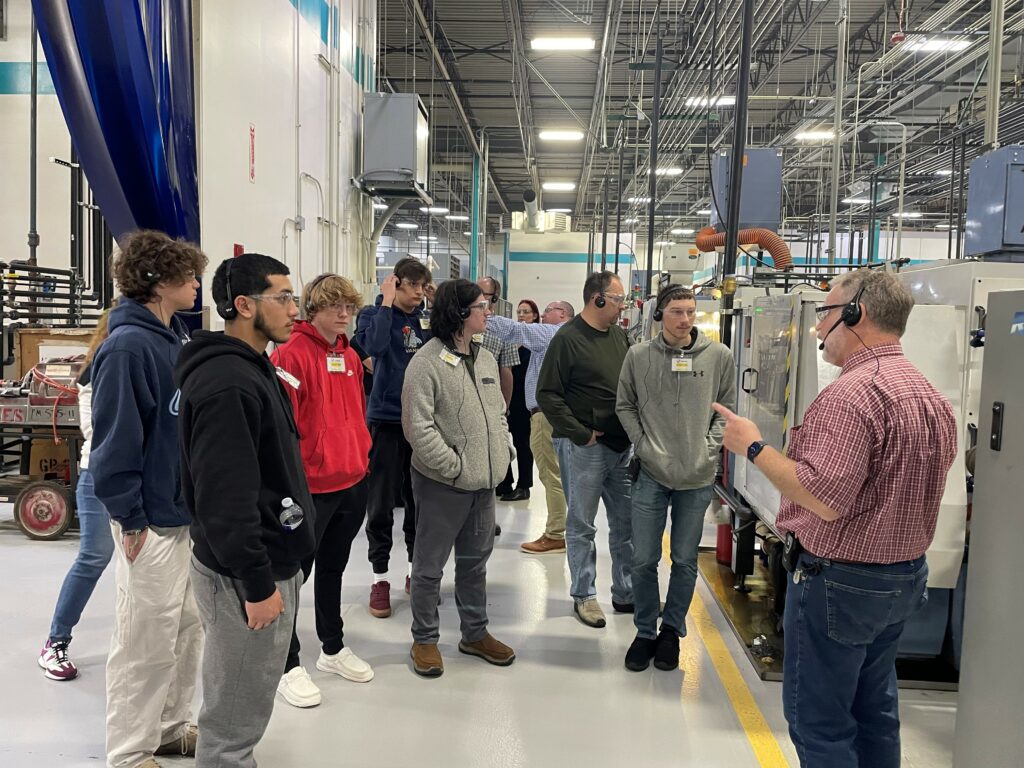
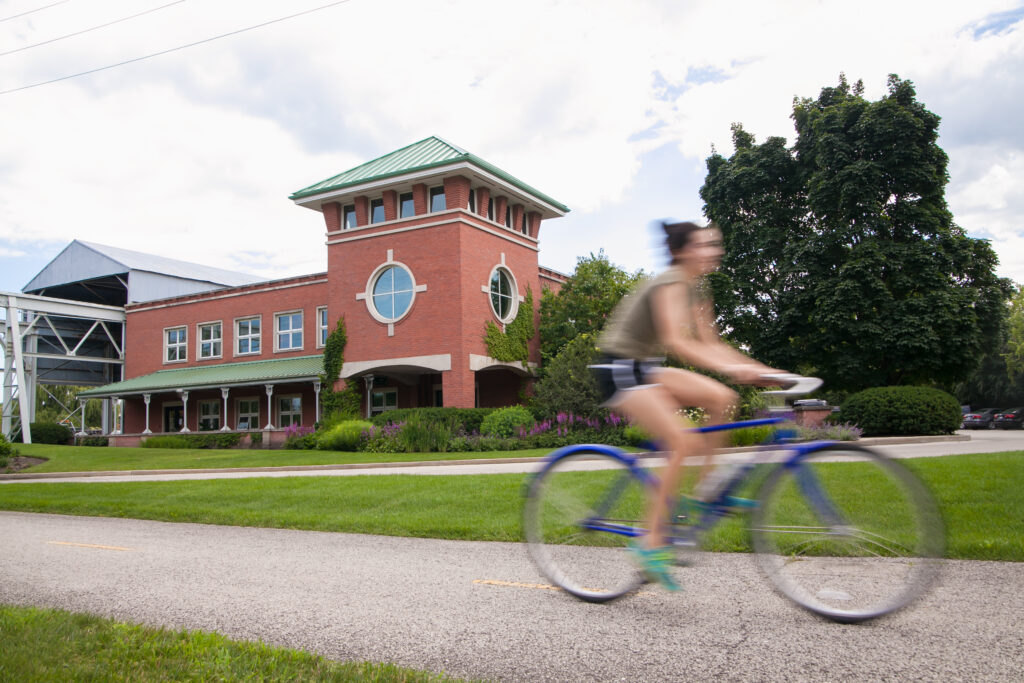
Recent Comments